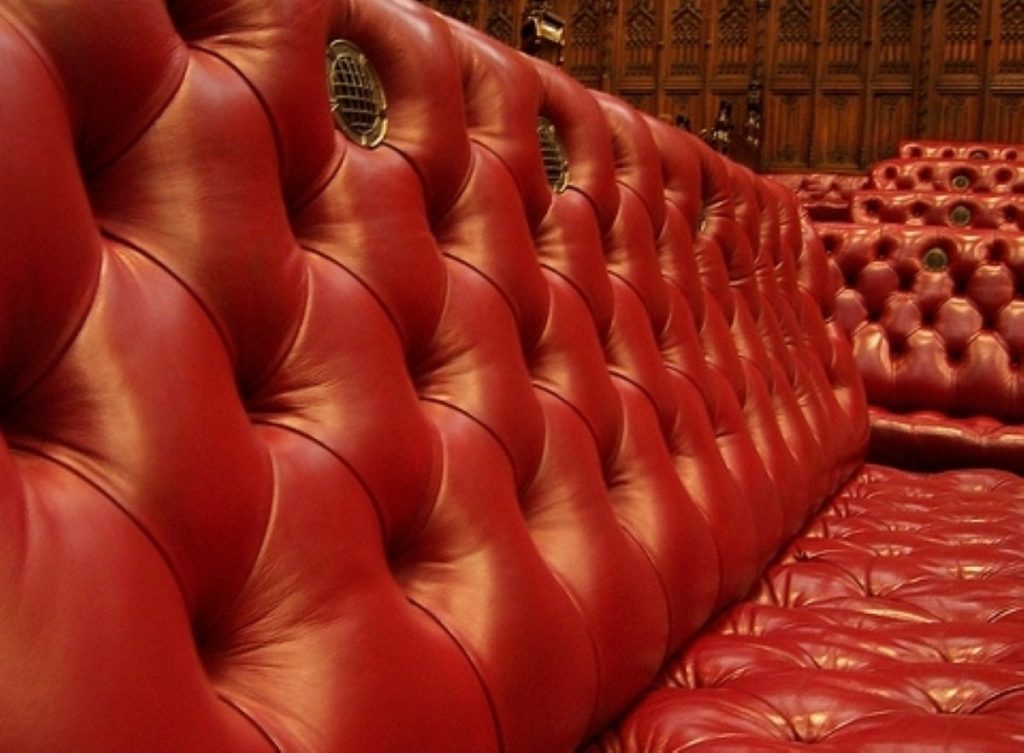‘More to come’ from Labour peers
Opposition figures in the House of Lords are planning further disruption of the coalition’s legislative programme after the Easter recess.
Filibustering over the parliamentary voting system and constituencies (PVSC) bill nearly forced ministers to impose an unprecedented timetabling motion on the upper House, breaking centuries of precedent.
That was avoided through compromise, but tempers are shorter as a result and insiders are now predicting further disruption before the long summer break.


The European Union bill is currently in committee stage in the Lords and could prove a major bone of contention for peers worried about its constitutional implications. Most of the PVSC bill difficulties were experienced at committee and report stage.
Andrew Lansley’s health reforms could also run into trouble when the health and social care bill arrives. Ministers are reconsidering the proposals to shake up the NHS and will have to bear in mind the views of potential prominent rebels including Liberal Democrat Shirley Williams as they do so.
George Foulkes, a prominent Labour peer who was among those participating in the filibustering of the PVSC bill, told politics.co.uk: “There’s more to come, the mood has changed.
“It’s not just two or three troublesome Scots, as it’s sometimes portrayed as.
“A lot of people who have been ministers want to see this place operate as a proper parliamentary chamber – not as a lap-dog but to properly scrutinise legislation and properly challenge the government.”
Jan Royall, the leader of the opposition in the Lords who presided over the upper House as part of Gordon Brown’s Cabinet, said that Labour was able to put significant pressure on the government.
“If we build an alliance with the crossbenchers we can win votes,” she said. “We have the potential to build alliances to defeat the government – that’s an impetus for dialogue.”
Government ministers in the Lords have suggested that Labour would have won more concessions on the PVSC bill if they had focused on the arguments rather than procedural obstruction.
One told politics.co.uk that this “had the effect of irritating and therefore consolidating the coalition”.
But Baroness Royall insisted she was not interested in shying away from political confrontation in the upper chamber.
“I think politics and legislation are inextricably linked. I think it’s proper this is a political House,” she added.
“Some people on the crossbenches are occasionally concerned and they shy away because they think ‘oh my God, politics is intervening’. But politics is what we’re about. It’s the way to change things. And that’s just the way it is.”

